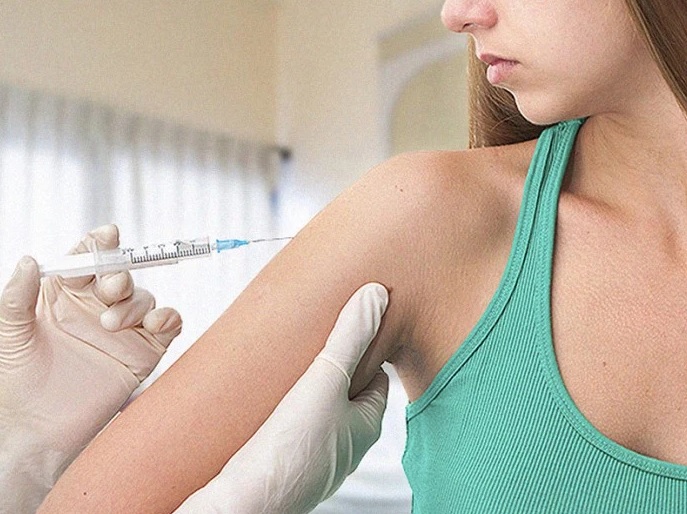This might be an awkward read for some persons, but the message is important. According to the American Cancer Society, every year about one-third of the women diagnosed with cervical cancer die from it.
While most cases of cervical cancer are found in women ages 35 to 50, more than 20% of diagnosed cases are in women over age 65.
Many older women don’t realize their risk of cervical cancer is still present as they age. In the U.S., Hispanic women are most likely to get cervical cancer.
If you are uninsured or your insurance does not cover a Pap test, call the Dallas County Health Navigators at 515-993-3750 to apply for a free screening through Care for Yourself.
Normal cells of the cervix can develop pre-cancerous changes that turn into cancer. Not all women with pre-cancers of the cervix will develop cancer, and it usually takes several years for cervical pre-cancer to change to cancer, but it can happen in less than a year.
Doctors believe that cervical cancer starts with the human papilloma virus (HPV), which can infect cells on the surface of the skin and is spread during skin-to-skin contact. Some high-risk HPV infections are strongly linked to cancer.
To keep from getting diseases caused by HPV, youth should be vaccinated. HPV vaccines are safe, and they effectively protect males and females. HPV vaccines should be given before a person is sexually active but even if sexual activity has begun, a person can still be protected by the vaccine.
The first of the two-dose series should be started for boys and girls around age 11 of 12. Vaccines are covered by most insurance plans and are available at your son or daughter’s primary clinic during a regular check-up or sports physical.
Ann Cochran is the health navigation coordinator in the Dallas County Public Health Department.

















